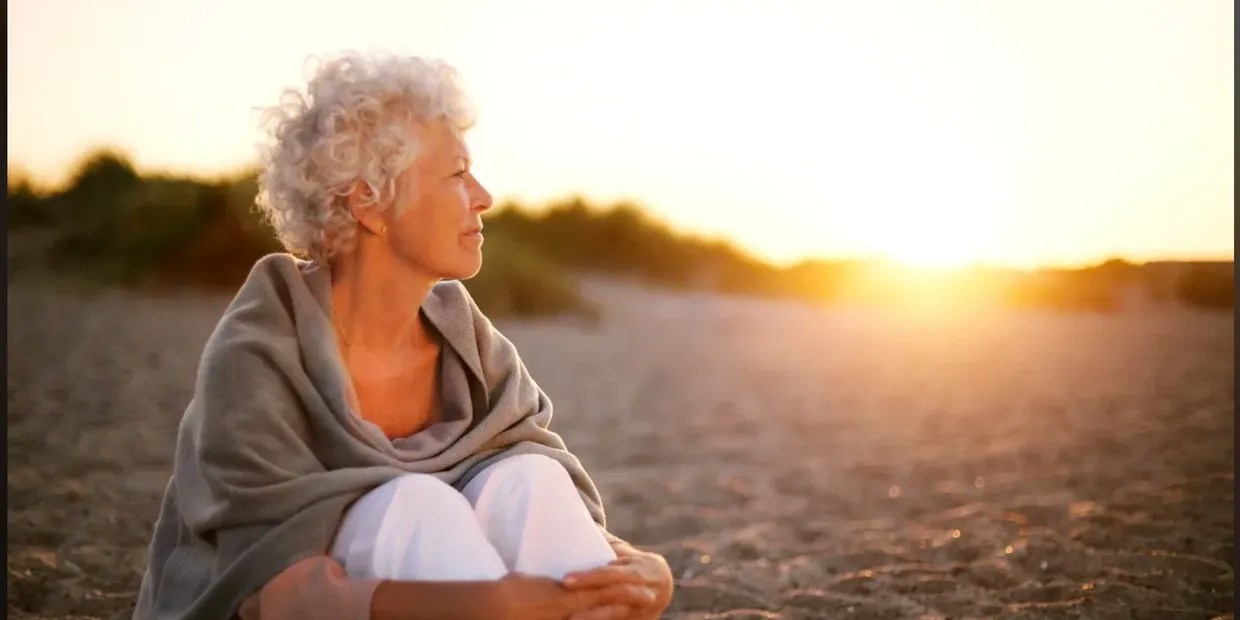
Recognizing signs that an older adult needs help
Don't wait for a crisis to find out . . .
. . . whether the older adult in your life is safe, happy, and healthy at home. Instead, watch for signs that could indicate your loved one is not doing as well as he or she wants you to believe:
1. Does your loved one walk unsteadily or have unexplained bruises? One-third of older adults fall each year, often starting a downward spiral of hospital stays.
2. Is your loved one tentative in the way he or she walks or stands? Those who fear falling often restrict their activities, thus making them even weaker and more insecure — and more likely to fall.
3. Does your loved one look thinner than normal? Many older adults have poor nutrition because they don’t want to plan or fix meals — and because they may not have enough food in the house.
4. Does your loved one seem quiet or depressed? Feeling sad, regretful, or fearful is not normal, even for older adults. Isolation and changes in physical health can lead to depression, from which 25% of older adults suffer.
5. Is your loved one no longer driving? When mobility and driving are restricted, older adults will feel more isolated and will tend to neglect grocery shopping, doctor’s visits, trips to the pharmacy, and more.
6. Does your loved one have difficulty remembering major events? Memory problems can affect every area of an older adult’s life, from medication mistakes to unsafe driving, poor bedtime habits, lack of personal care, etc.
7. Does your loved one have a large quantity of medications, with perhaps several different doctors prescribing them? Older adults face serious health risks if they don’t take their medication properly.
8. Is your loved one’s house disorganized, with chores undone or bills unpaid? Household management can easily become overwhelming, leaving older adults embarrassed, helpless, and frustrated.
9. Do hazards in the home put your loved one at risk? Extension cords, basement laundry rooms, thick carpets, throw rugs, dim lighting, and too much furniture can cause falls. The risk increases even more when you add impaired vision, unsteady gait, and overmedication.
10. Is your loved one hoarding more than usual?
11. Is he or she leaving a burning stove unattended?
12. Does your loved one suddenly have poor personal hygiene? An older adult sometimes has difficulty in bathing, dressing, and grooming. Sometimes there’s a noticeable decline in grooming habits and personal care, such as unkempt hair, untrimmed nails or lack or oral care.
13. Do you find he or she isn’t wearing suitable clothing for the weather?
14. Have you noticed your loved one tends to be confused easily?
15. Does your loved one get dehydrated? Dehydration is a common and very serious condition in older adults – it can even result in death. Click here to learn more about dehydration and preventing it in older adults.
16. Has someone close to your loved one recently become ill or passed away? It’s common for older adults to depend on someone else. When that person can’t help, your loved one may not have all of his or her needs met.
17. Do you feel your loved one is hiding the truth by not expressing how difficult it is to care for his or her spouse? The caregiving spouse often develops more health problems than the one who is receiving care.
If you see any of these signs in your loved one, you should begin planning for the future by assessing his or her medical conditions, level of income/assets, and preferences for long-term care. Also think about your own capability for caregiving. How much time, energy, and money can you contribute to your loved one’s needs?
Whether it’s 4 hours a day or 24, a little help from Sharp Home Care will go a long way toward ensuring that your loved one can age well and be safe at home —which is where 89% of older adults want to stay.
Whether it’s 4 hours a day or 24, a little help from Sharp Home Care will go a long way toward ensuring that your loved one can age well and be safe at home —which is where 89% of older adults want to stay.
Call one of our care advisors today.
Call one of our care advisors today. 📞 770-209-3880
By Charlotte Sharp, Sharp Home Care
Source: NIH/National Institute on Aging, AgingCare
Images: PICMONKEY/GETTY IMAGES
Schedule Your Free
In-Home Consultation Online or Call
One of our qualified care team members will respond to your query and discuss your particular requirements in more detail. A free no obligation consultation with one of our qualified nurses or care manager will be arranged in the client’s home to assess the level of care and type of caregiver you require.
Call Now 📞 770-209-3880
Call Now
SHARP HOME CARE proudly serves Marietta, Roswell, Sandy Springs, and all Cobb County GA

